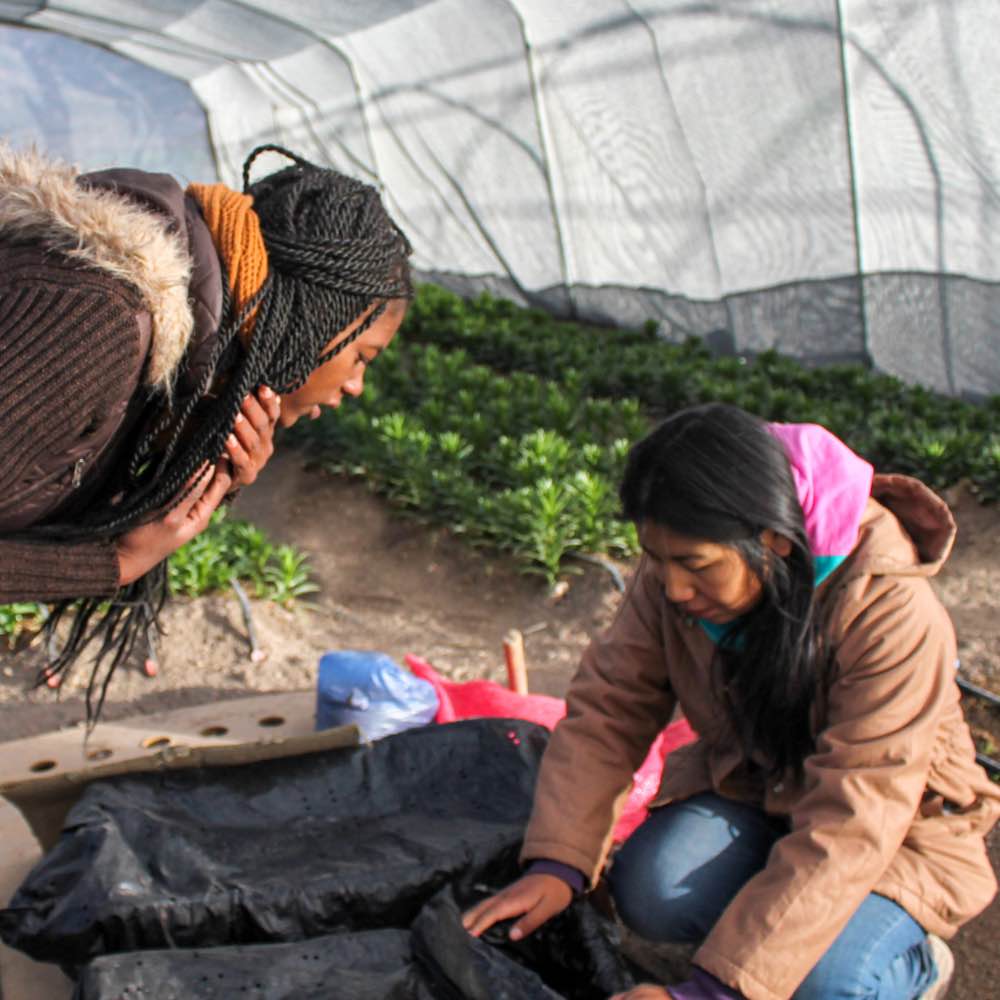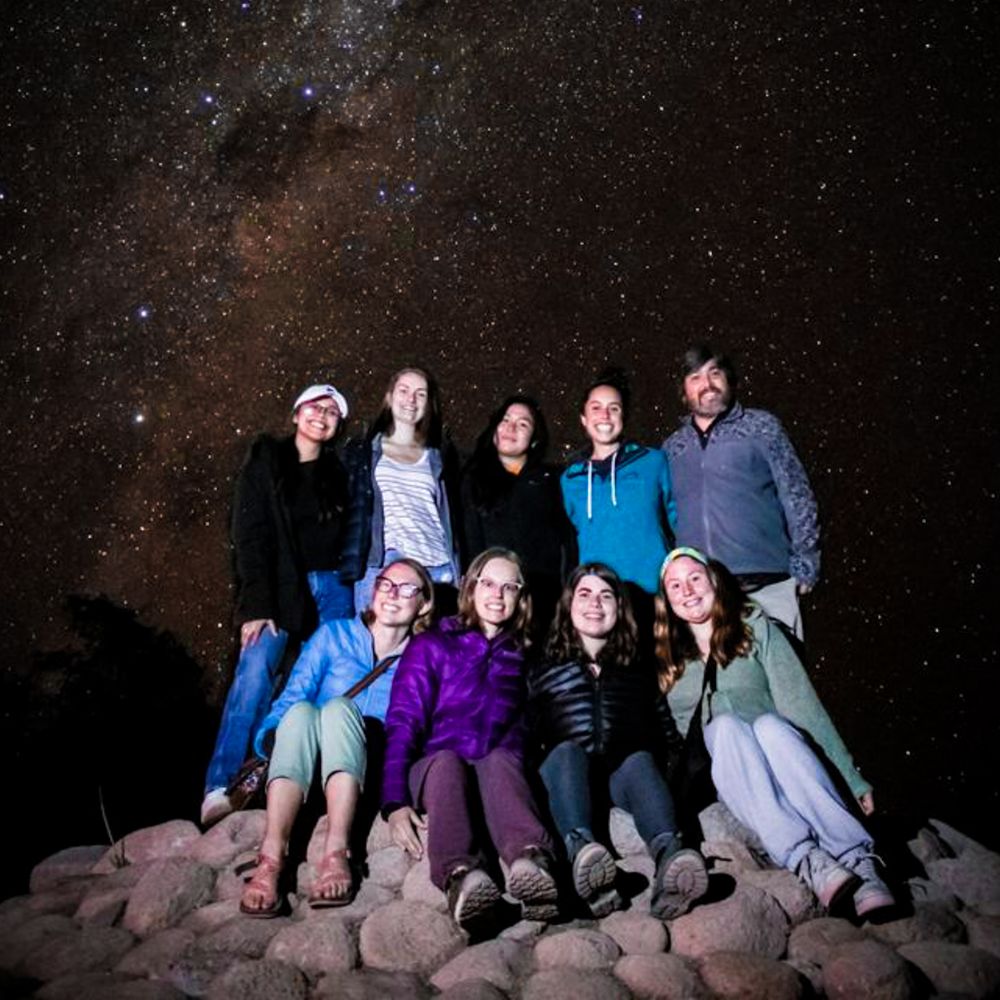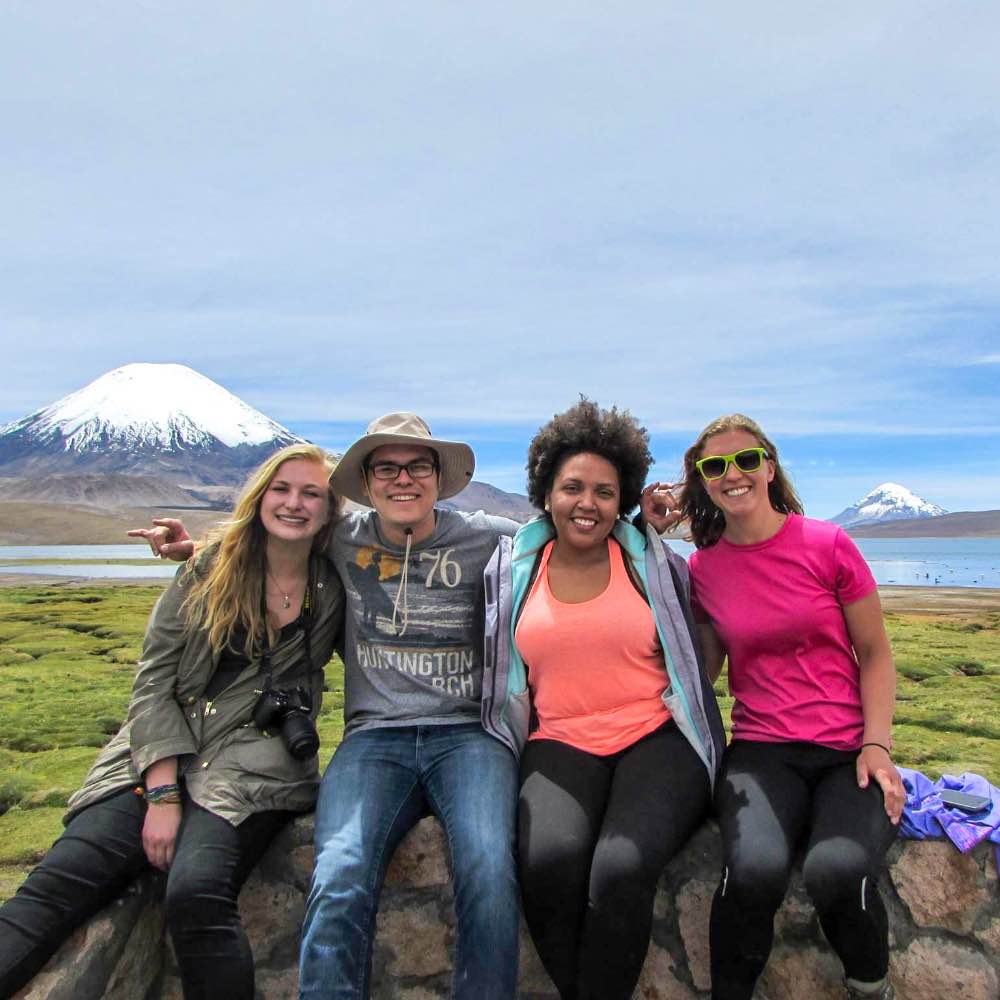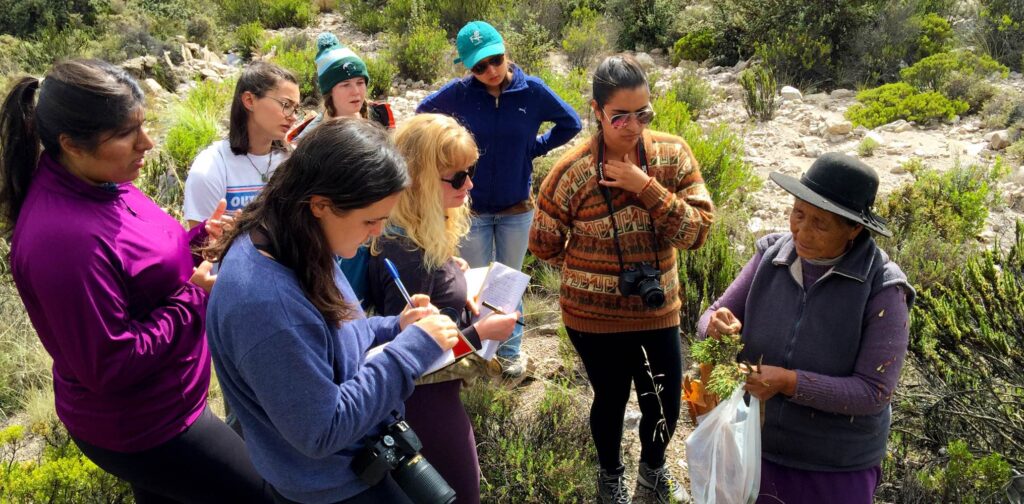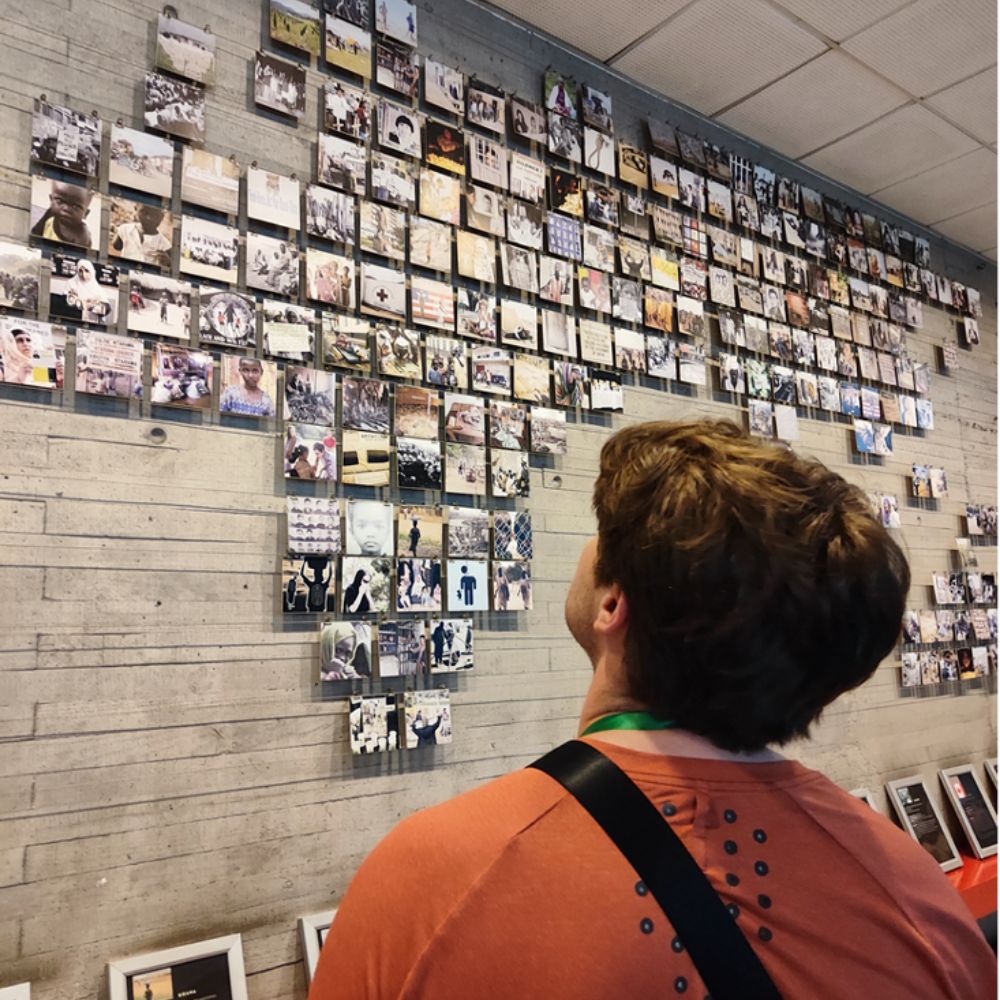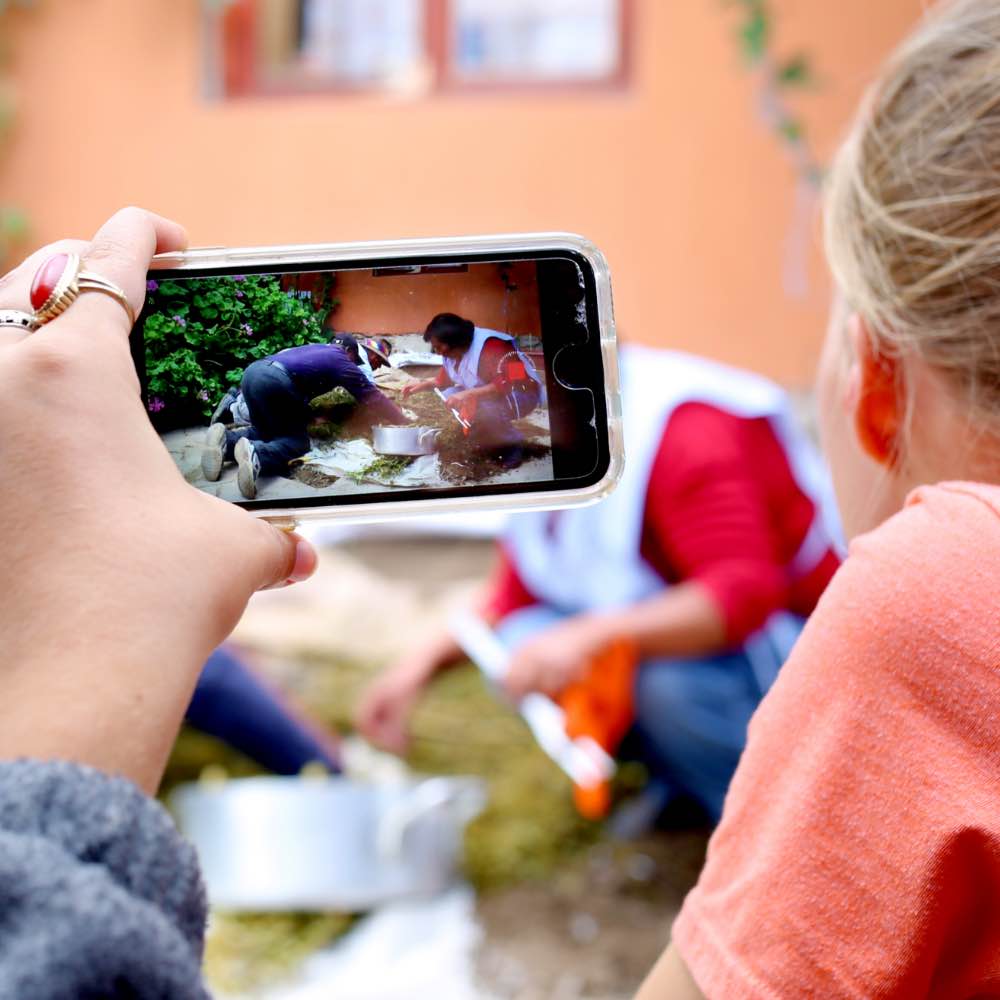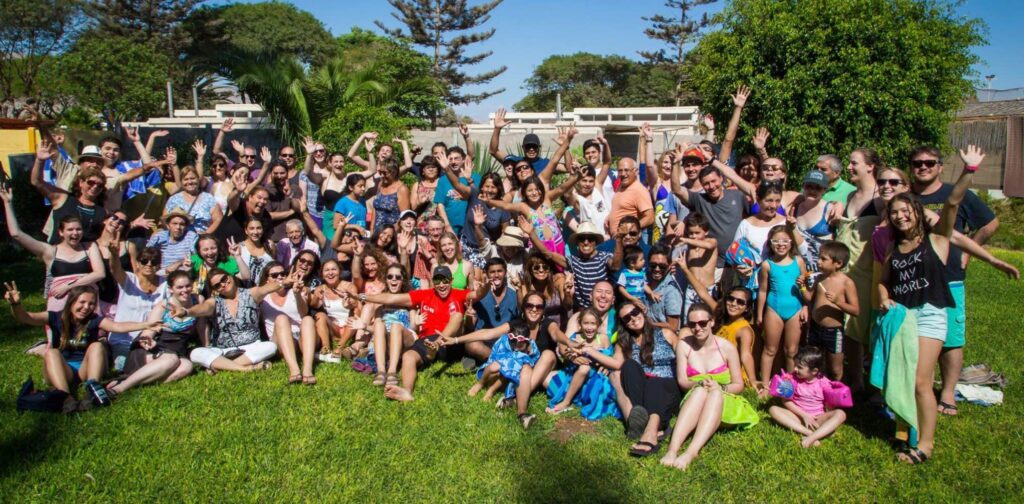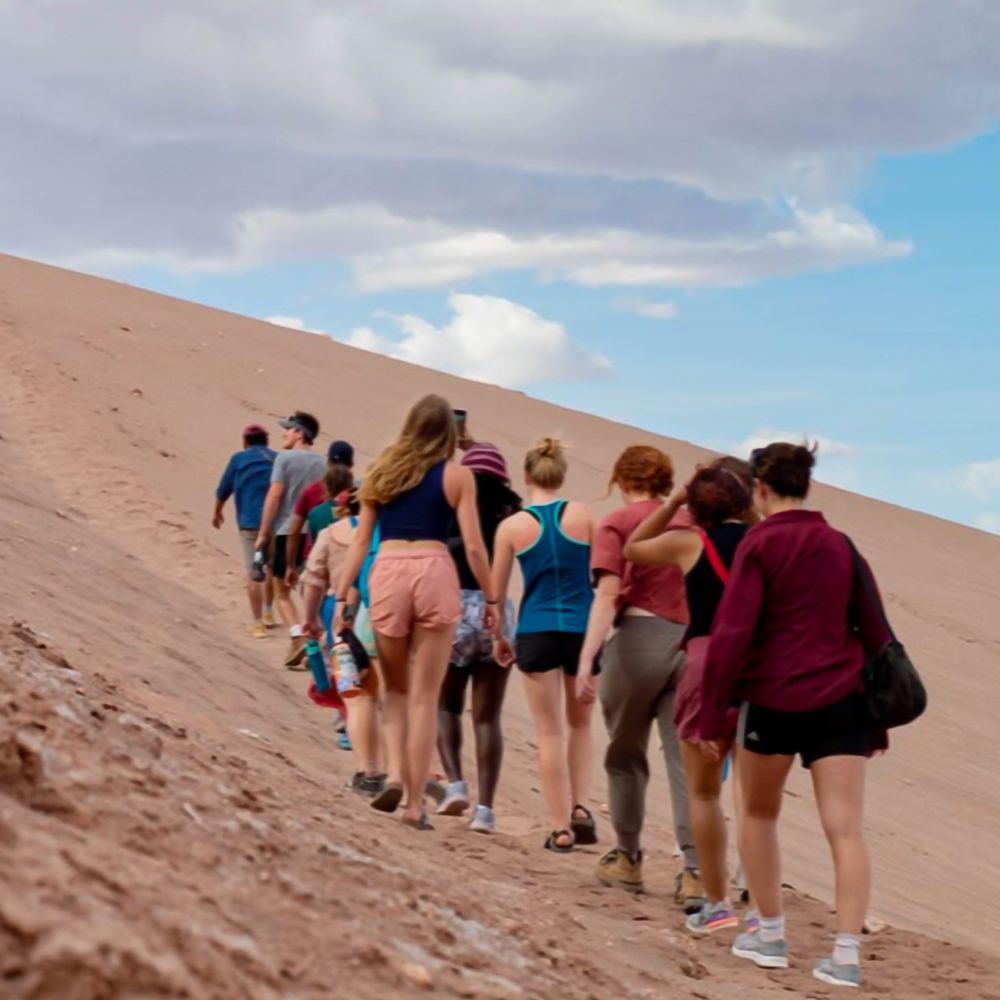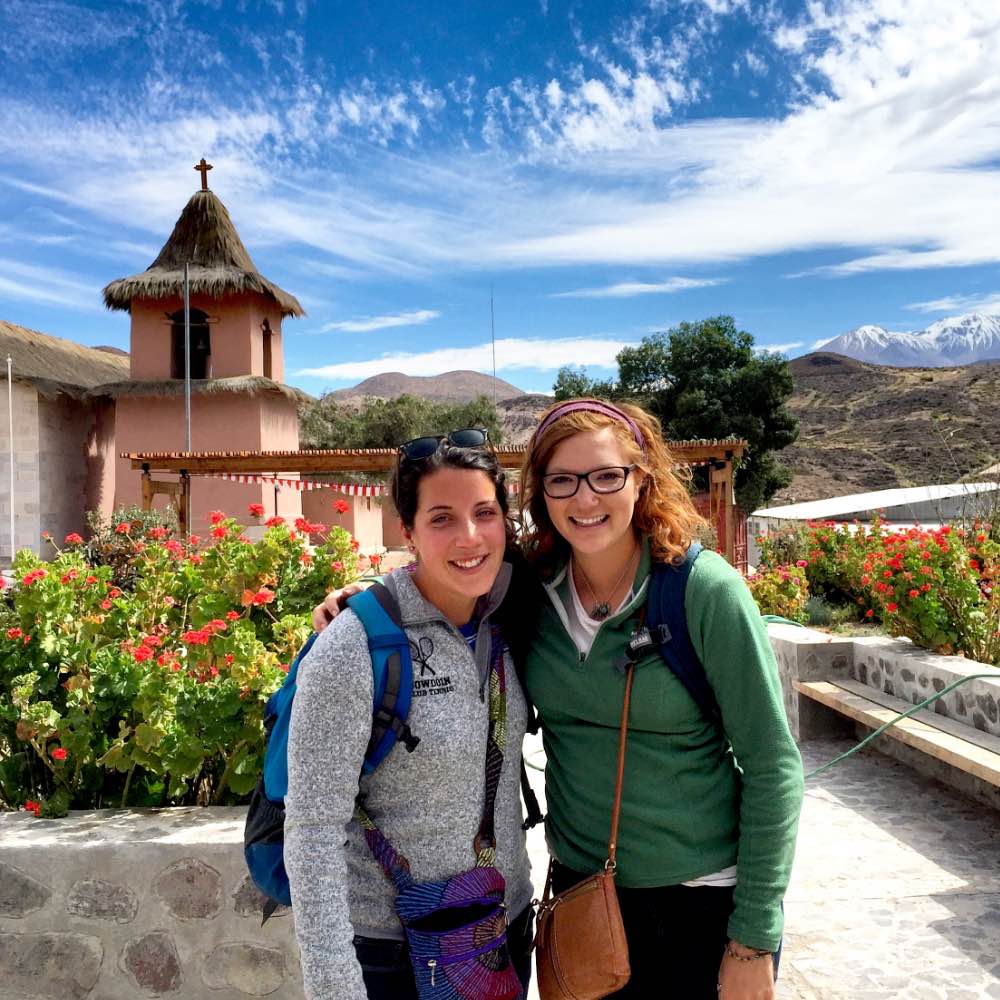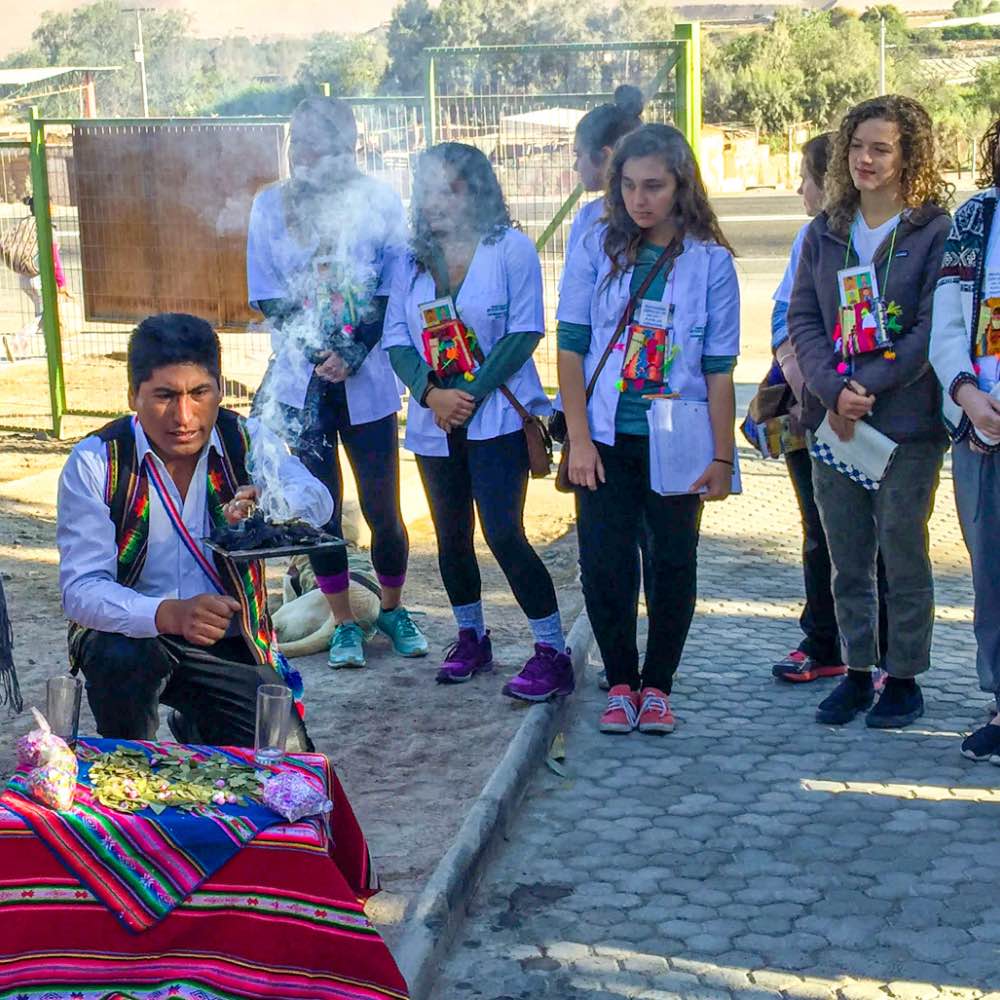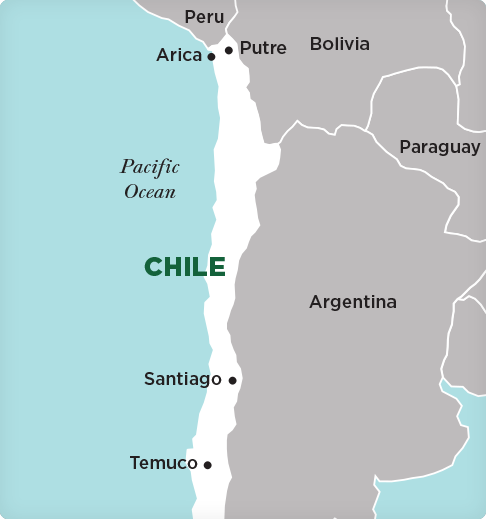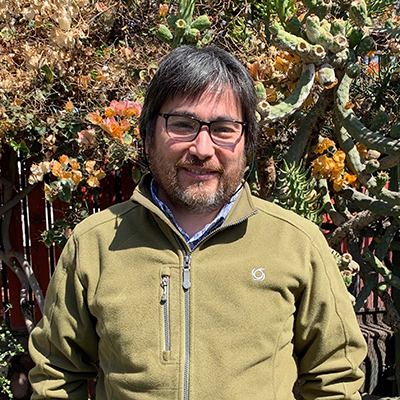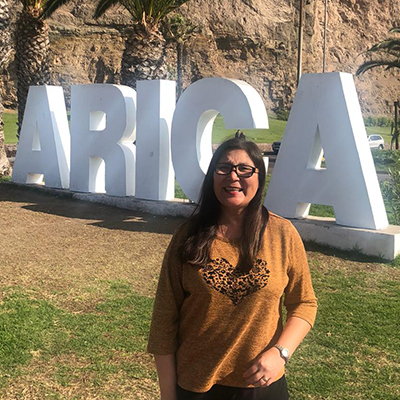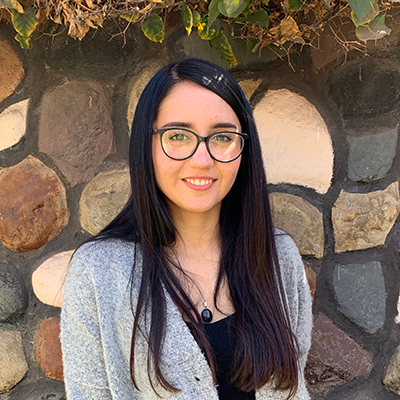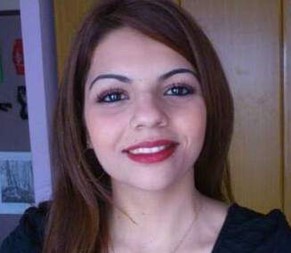Overview
Why study abroad in Santiago, Chile?
Chile has one of the best healthcare systems in Latin America, and its capital, Santiago, is considered to have the best quality of life in Latin America.
Over the decades, beginning in the mid-20th century, the country built a healthcare system based on a National Health Service (1952). This service—which originally attempted to replicate the experience of the healthcare model established in post-war England—allowed for the development of healthcare policies for the population that, over time, reduced the high rates of infant mortality, malnutrition, and infectious diseases. It incorporated pioneering healthcare policies on the continent, many of which remain in place today.
By experiencing daily integration in the multifaceted, dynamic, and intercultural city of Santiago, the capital of Chile, you will learn about healthcare practices and evaluate access to urban healthcare services. Through field visits to health centers and government offices, you’ll develop an international perspective on infectious disease management and healthcare systems. You will learn how to collect, analyze, integrate, and report social and public health data, and use that knowledge while completing independent research or an internship.
Learn firsthand about the work carried out by the public health teams of the Chilean Health System; successful vaccination programs; and the challenges and lessons learned. You’ll spend more than three weeks with Mapuche and Aymara communities, where you will learn about intercultural and Indigenous medicine and examine how healthcare policies and politics affect Indigenous people. Throughout the program, you’ll engage with health officials, policymakers, and traditional medicine practitioners and have options to live in homestays or in a student residence.
You will have the opportunity to learn and improve Spanish skills related to health sciences through classroom learning, cultural immersion, homestays, and excursions.
Highlights
- Study urban and rural healthcare systems, including Indigenous medicine.
- Examine national healthcare policies and intercultural and traditional healing.
- Learn Spanish with a focus on clinical and public health.
- Choose to do an internship in public health centers or with traditional healers of Indigenous people.
- Learn how Indigenous communities manage their health with ancient medications and treatments.
- Learn public health research methods and complete field research or an internship.
Prerequisites
At least one college-level course in public or global health, medicine, nursing, development studies, anthropology, sociology, psychology, community development, environmental science, social sciences, or other related fields recommended but not required.
Earn a Minor
Students studying on this SIT semester-length program can choose to simultaneously complete a minor, with no additional coursework or cost. At SIT, a minor is a minimum of 16 credits taken within a content area. This standout credential can help boost your future job or graduate school applications.
SIT’s program in Chile offers the opportunity to earn a minor in global health or Indigenous health. Through this program, you’ll learn about public health through traditional medicine and intercultural healthcare practices, Indigenous customs, community welfare, and social justice.
Find this program on social




